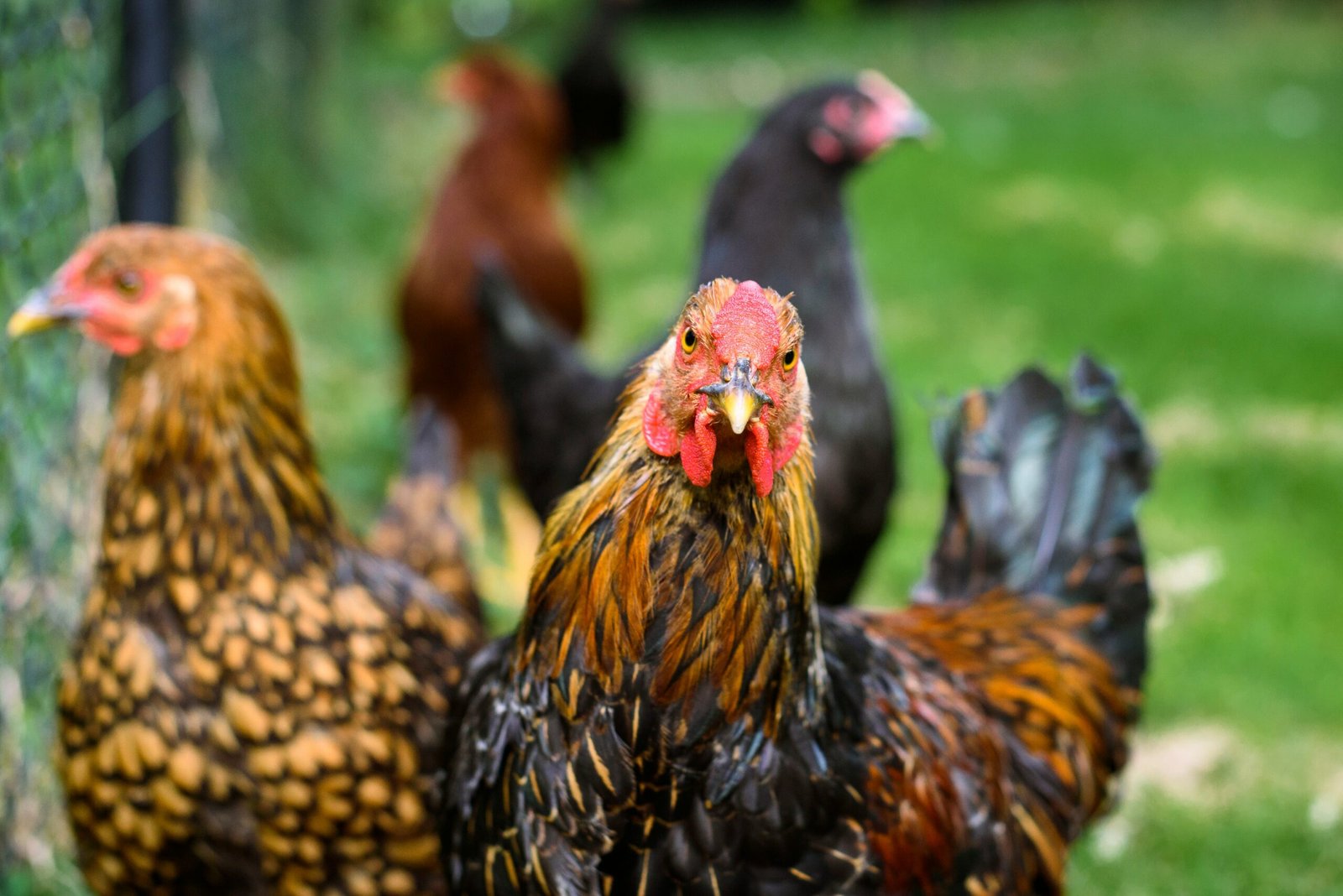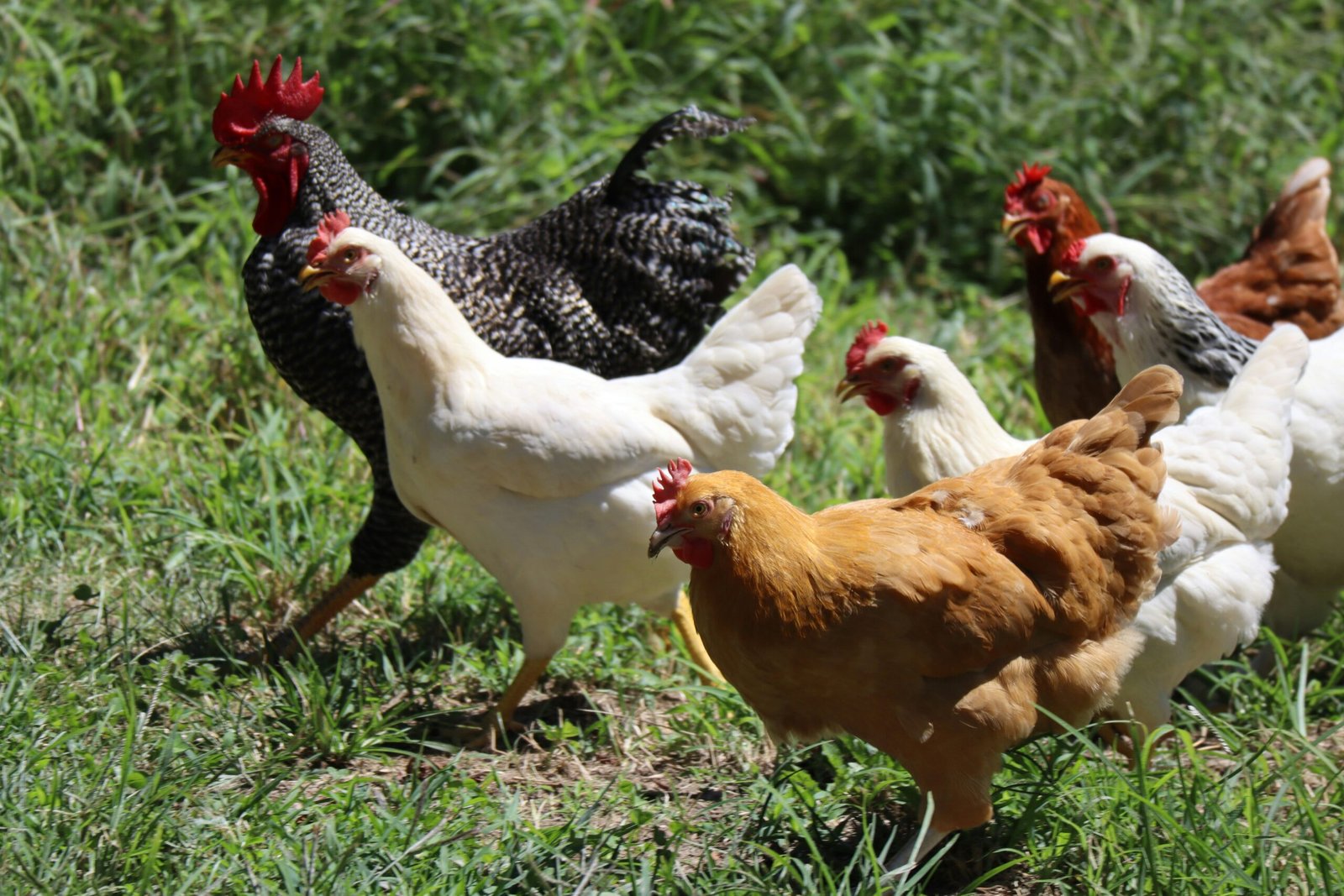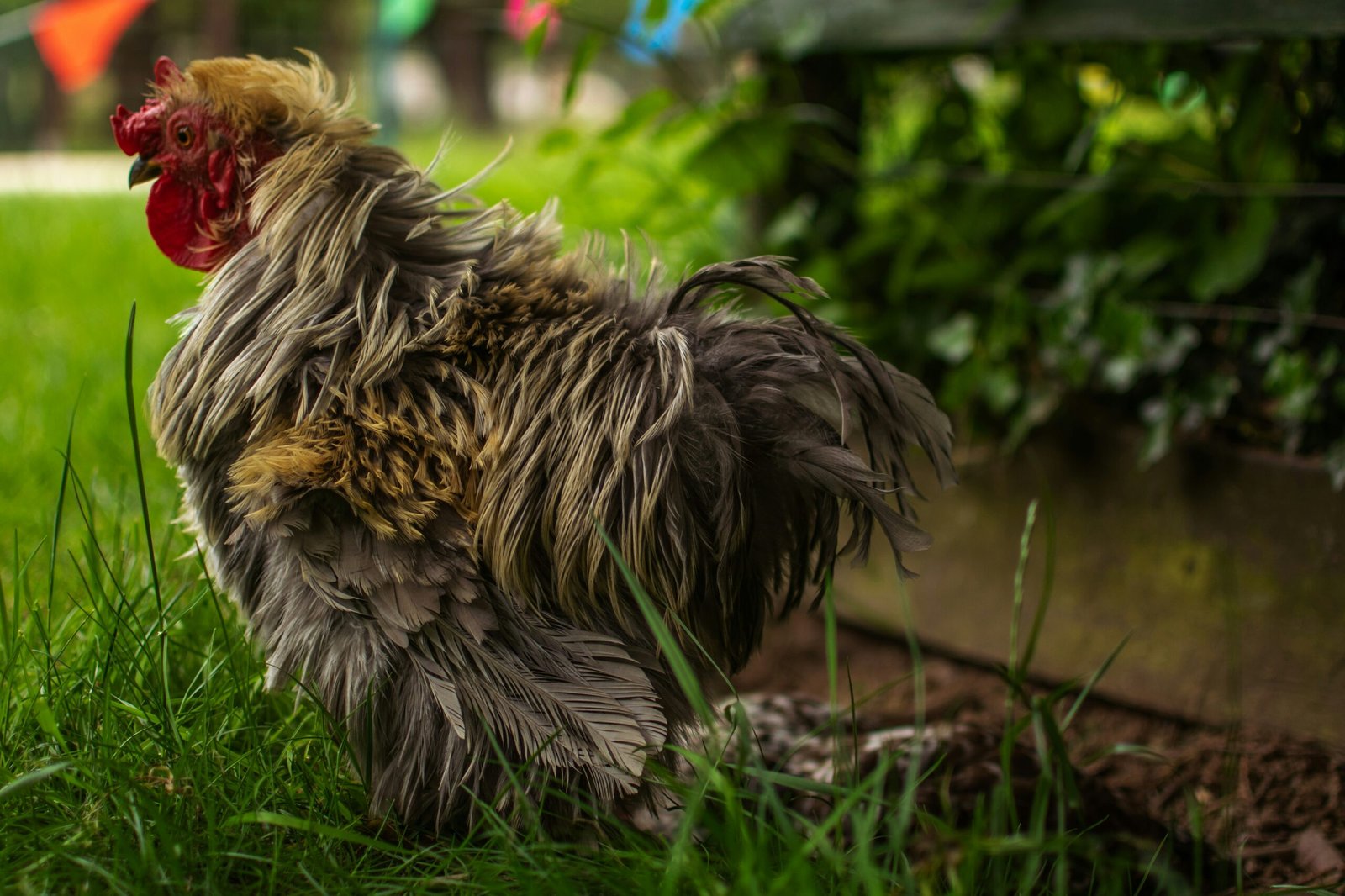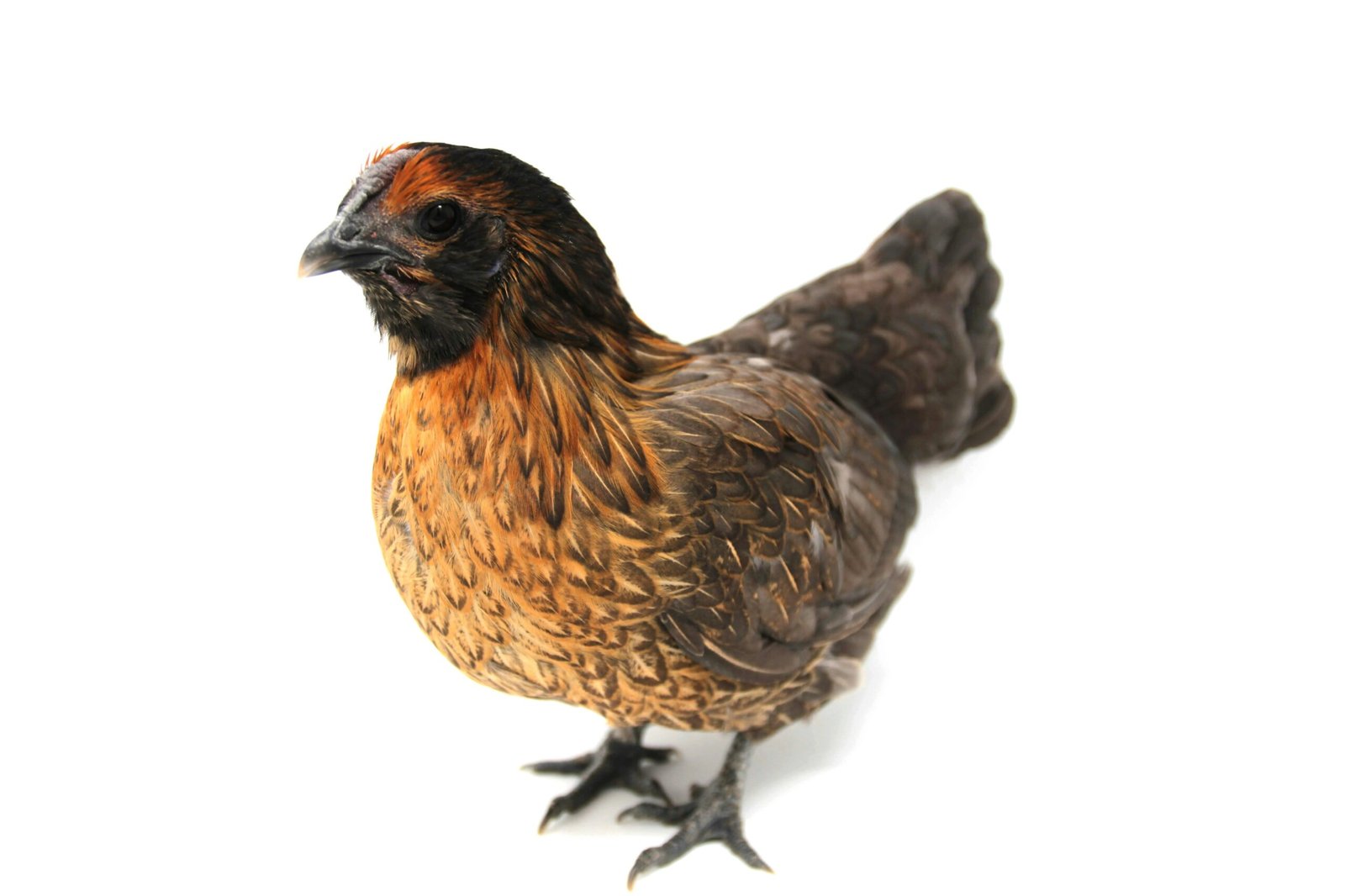Preparation
Starting your own chicken flock can be an exciting and rewarding venture. Before you bring home your feathered friends, it’s important to make sure you’re fully prepared. Here’s a checklist to help you get started:
Selecting the Right Breed
When choosing the breed for your flock, consider factors such as egg production, temperament, and climate adaptability. Some popular breeds for beginners include Rhode Island Reds, Sussex, and Plymouth Rocks.
Purchasing Equipment
Investing in the right equipment is crucial for the well-being of your chickens. Make sure you have the following essentials:
- A suitable coop or chicken house
- Nesting boxes for egg-laying
- Roosting bars for chickens to perch on
- Feeders and waterers
- Bedding material, such as straw or wood shavings
- Heat lamps or brooders for chicks (if applicable)
Setting up the Coop
Before bringing your chickens home, ensure that their coop is ready. Here are some key steps:
- Clean and disinfect the coop to prevent the spread of diseases.
- Provide proper ventilation to maintain good air quality.
- Install secure fencing to protect your flock from predators.
- Set up the nesting boxes and roosting bars.
- Place the feeders and waterers in easily accessible locations.
Daily Care
Once your flock is settled in their new home, it’s important to establish a routine for their daily care. Here are some essential tasks:
Feed
Provide your chickens with a balanced diet that includes a mix of commercial feed and kitchen scraps. Make sure they have access to fresh water at all times.
Water
Regularly check and refill the waterers to ensure your chickens stay hydrated. Clean the waterers regularly to prevent the growth of bacteria.
Cleanliness
Maintaining a clean coop is crucial for your chickens’ health. Regularly remove soiled bedding and replace it with fresh material. Clean the nesting boxes to prevent the spread of mites or other pests.
Health Monitoring Essentials
Keep an eye on your chickens’ overall health. Look for signs of illness, such as changes in behavior, loss of appetite, or abnormal feather appearance. Consult a veterinarian if you notice any concerning symptoms.
Seasonal Tasks
Throughout the year, there are specific tasks to consider based on the changing seasons. Here are some seasonal tasks for chicken flock care:
Preparing for Extreme Weather
During hot summers, provide shade and ensure your chickens have access to cool water. In colder months, insulate the coop and use heat lamps or other heating methods to keep your flock warm.
Molting Season Care
Molting is a natural process where chickens shed and regrow their feathers. During this time, provide extra protein-rich feed to support feather growth and ensure a healthy molt.
Flock Rotation Planning
Regularly rotate your flock’s access to different areas of your yard to prevent overgrazing and maintain a healthy environment. This also helps control pests and keeps the soil fertile.
By following this ultimate checklist, you’ll be well-prepared to start your chicken flock journey. Remember, a happy and healthy flock will reward you with fresh eggs and endless enjoyment!





